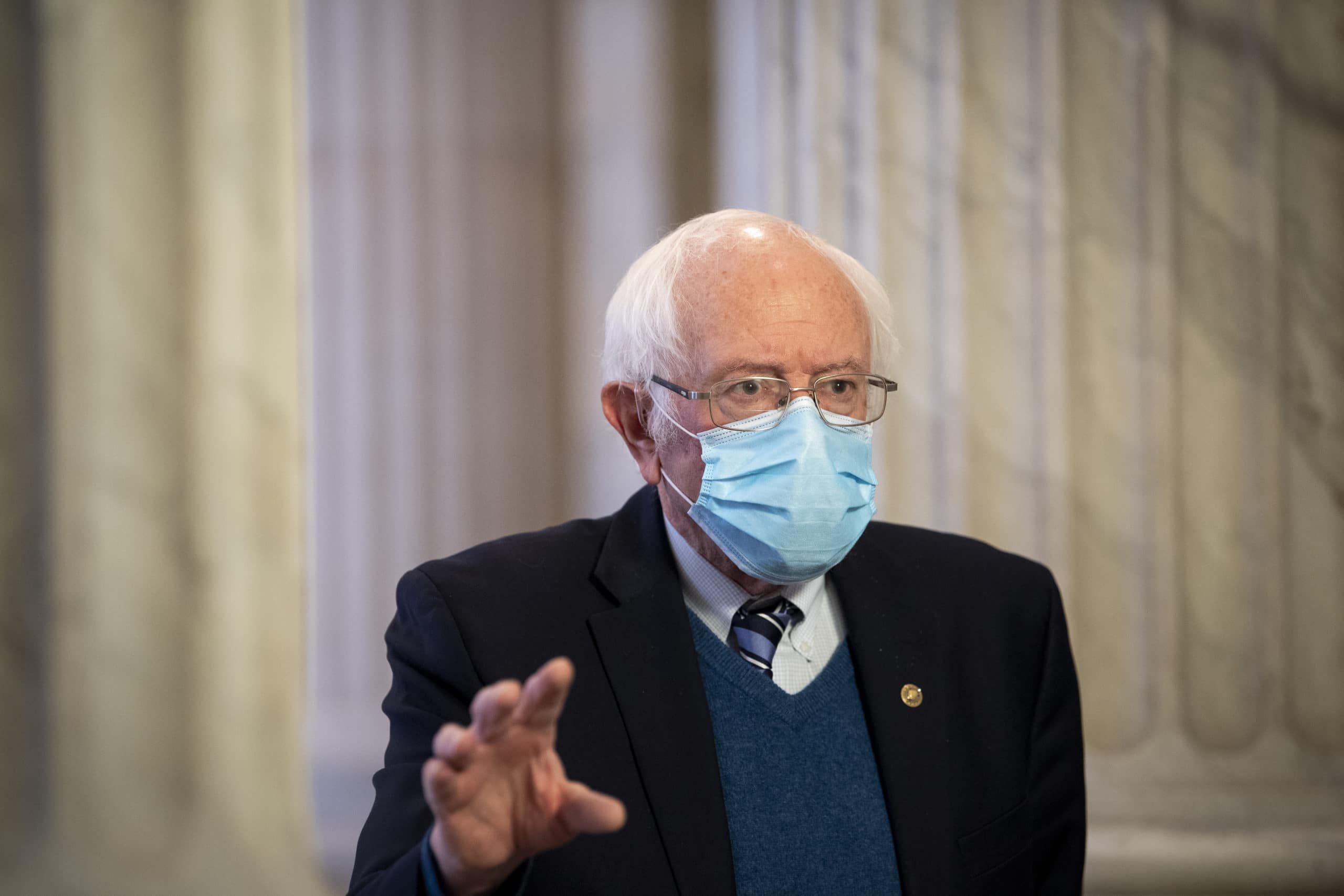TOPLINE As top Congressional leaders race to finalize a $900 billion federal aid bill before the holidays, progressive lawmakers are already voicing their discontent with a package they say is insufficient to meet the needs of the country during the pandemic.
KEY FACTS
Sen. Bernie Sanders (I-Vt.) expressed his disappointment on MSNBC Wednesday that the bill under discussion includes very little newly appropriated money (with the rest repurposed from the CARES Act that passed Congress in March) and added that more aid will be needed under President-elect Joe Biden.
Speaking on the Senate floor hours later, Sanders decried what he said was just $348 billion in new spending as a mere 10% of the $3.4 trillion Heroes Act, which the House passed in May as a follow-up to the CARES Act and the Senate ignored.
Sen. Elizabeth Warren (D-Mass.) also told reporters Wednesday that the plan is “not enough,” according to NBC’s Julie Tsirkin, adding that she intends to “keep pushing for more.”
Members of the Congressional Progressive Caucus including Rep. Ro Khanna (D-Calif.), Rep. Pramila Jayapal (D-Wash.) and Rep. Katie Porter (D-Calif.) released a letter Tuesday calling for the next aid bill to include direct payments of $2,000 for individuals (the deal under discussion will reportedly include payments of roughly $600 per person) and extended unemployment benefits for a minimum of six months.
Rep. Gerry Connolly (D-Va.) also weighed in on Twitter Wednesday afternoon, describing the bill under discussion as a “Faustian bargain” because of the way Republicans linked two contentious proposals—state and local aid, a major Democratic priority, and protecting businesses from coronavirus lawsuits, a major Republican concern—which were both ultimately excluded.
CHIEF CRITIC
“If you’re asking me if I think this bill was well negotiated, I don’t,” Sanders told MSNBC Wednesday. “There should have been a lot more money than there currently is.” The independent from Vermont added that while he was glad to see direct payments of roughly $600 per person included in the package (albeit at a lower level than the second round of $1,200 payments he’s been pushing for), “we have got to do more.”
BIG NUMBER
7.8 million. That’s how many Americans have fallen into poverty since June as critical CARES Act benefits expired, according to new research from the University of Chicago and the University of Notre Dame. That translates to the largest single-year increase in the poverty rate since the government began tracking poverty data 80 years ago.
KEY BACKGROUND
In May, the Democratic-led House of Representatives passed the $3.4 trillion Heroes Act as a sweeping follow-up to the historic CARES Act signed in March. The Senate never took up the bill because the Republicans who control the chamber questioned not only the size of the package, but whether any new spending would be needed. Months later, the House passed a $2.2 trillion version of the Heroes Act (with a shortened timeline to bring down costs), but that bill never made it past the Senate’s GOP gatekeepers either. Until this month, Democratic leaders had not been willing to support any package worth less than about $2 trillion.
CRUCIAL QUOTE
During his remarks on Wednesday, President-elect Biden said he was “encouraged” by the progress towards a bill on Capitol Hill but emphasized his view of the deal on the table as a “down payment” ahead of more relief legislation after he takes office next year.
-By Sarah Hansen, Forbes Staff
